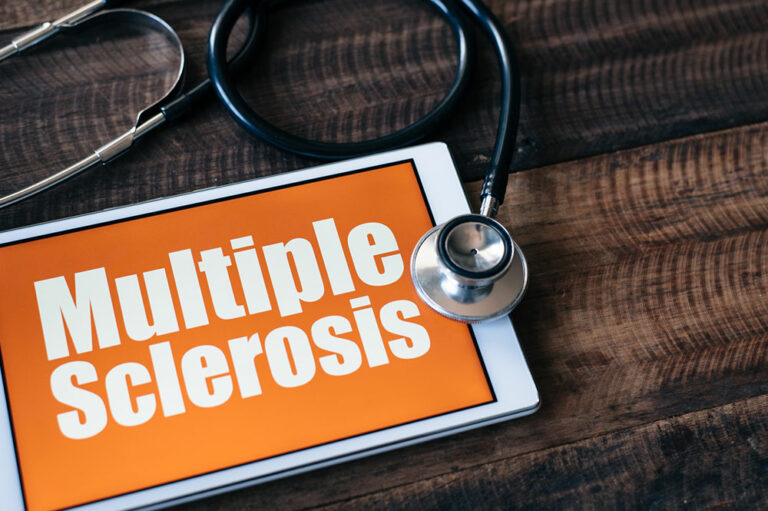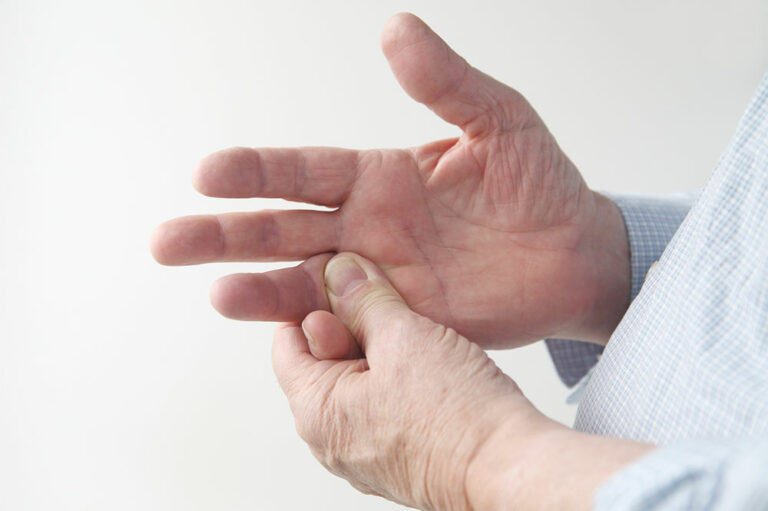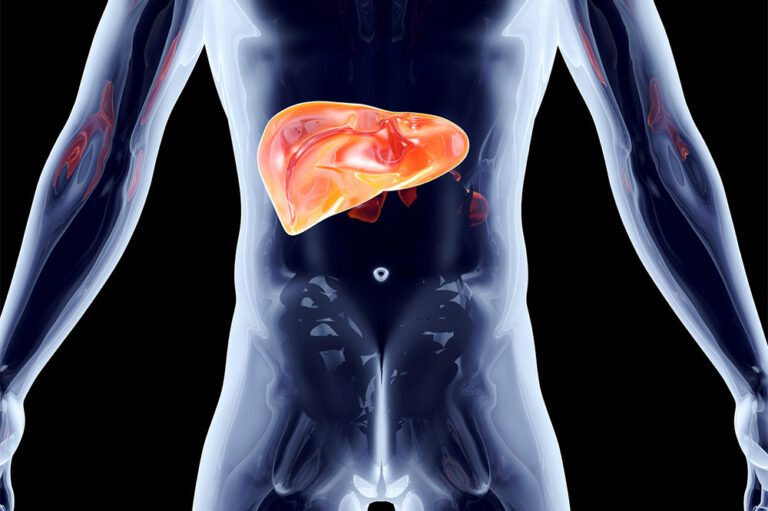
How to distinguish between heartburn and GERD
Heartburn is an unpleasant, burning sensation in the chest that is more common than a lot of individuals realize. Pregnant women, older men, and even young adults experience it frequently. Despite it being such a prevalent experience, not many know that heartburn has actually nothing to do with the heart and everything to do with the stomach and the esophagus. Unsurprisingly enough, heartburn is also used interchangeably with GERD. But, before we get to deciphering heartburn and GERD, let’s understand what acid reflux is.
What is acid reflux or GER?
Acid reflux occurs when the lower esophageal sphincter or LES becomes weak, allowing the contents of the stomach to travel in the wrong direction, back up the esophagus. Acid reflux is also called GER or gastroesophageal reflux as it involves the stomach and esophagus. This condition can usually be resolved with over-the-counter medication.
What is heartburn?
Heartburn is a burning or painful sensation that is experienced in the chest. Since the lining of the esophagus is not as strong as the lining of the stomach, the acid from the stomach can cause a burning sensation in the chest. This pain or burning sensation that is heartburn can often be misconstrued for a heart attack. Heartburn is a symptom of acid reflux. It generally occurs when someone bends over or lies down immediately after eating.
What is GERD or Gastroesophageal Reflux Disease?
GERD, unlike acid reflux, is a far more chronic and long-lasting condition. But, in a manner similar to acid reflux, it affects the stomach and esophagus. If GERD is left unattended or untreated for a long time, it can cause major damage to the esophagus and stomach and even lead to cancer.
If GERD is diagnosed in the initial stages, it can be treated with medication. Extensive damage or diagnosing GERD in the later stages will require surgery.
How to distinguish between GERD and heartburn?
Now, the big question is, “if GERD and heartburn both affect the stomach and esophagus, how do you distinguish between them?”
The first step to identifying GERD is to keep track of how many times you’re experiencing acid reflux. Experts say that if you are having reflux more than twice a week, there is a possibility that you have GERD.
GERD can also be identified by its other symptoms, that include:
- Constant bad breath
- Heartburn
- Regurgitation of food
- Pain in the chest
- Respiratory issues such as asthma
- Trouble swallowing food
- Constant dry cough
- Destruction of dental enamel due to too much acid
How do you treat GERD?
GERD is long-lasting but can be managed with the help of medication. In worse cases, the person may need to undergo surgery to help their LES function properly. But, irrespective of this, the only way to truly curb GERD is by making changes to your lifestyle.
- Avoid foods and beverages that cause the LES to relax
- Eat meals at least two hours before bed
- Try losing weight
- Drop lifestyle habits such as drinking and smoking as they also lead to the relaxation of the LES












